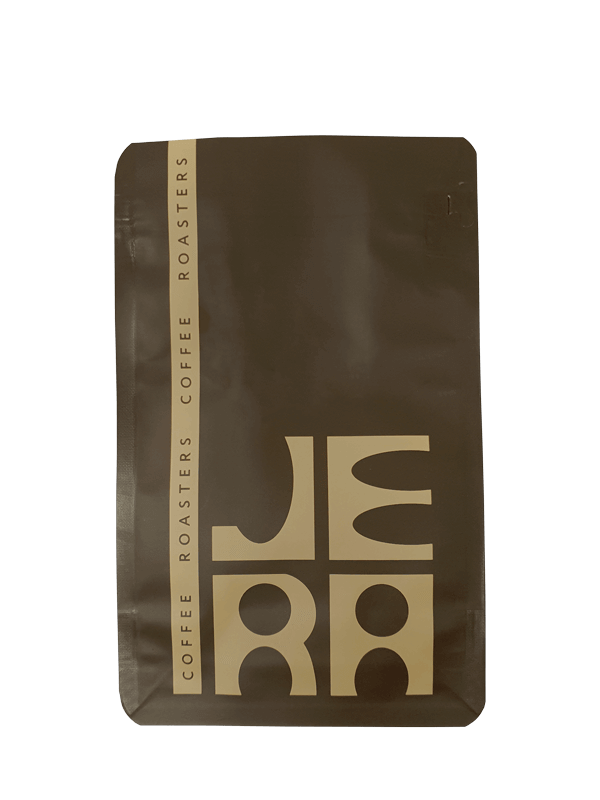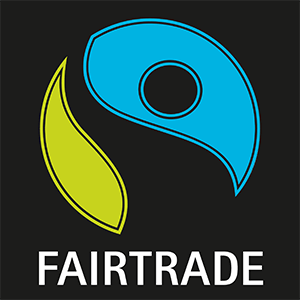קפה קלוי אוגנדה | Mount Elgon, Bulaago village
קפה ייחודי מאוגנדה בעיבוד יבש
גוף רך ונקי, מתיקות גבוההת חמיצות נעימה. טעמים של מחית תפוחים, תותים ומרמלדה. קלייה בהירה, מתאימה ביותר להכנת קפה פילטר
₪50.00 – ₪200.00
ברכישת כל סוגי קפה קלוי בסכום:
בין 600 ש"ח ל-1000 ש"ח עם קוד קופון "15%" תקבלו 15% הנחה
בין 1001 ש"ח ל-1500 ש"ח עם קוד קופון "25%" תקבלו 25% הנחה
מעל 1501 ש"ח עם קוד קופון "30%" תקבלו 30% הנחה
This lot is sourced from a small community of farmers in Bulaago on Mount Elgon, Eastern Uganda. The purchase price of this coffee includes a dedicated premium used to fund social projects in the community.
Mt Elgon is an extinct volcano on the border with Kenya and is thought to be the oldest volcano on the African continent. The massive base and gentle slopes support thousands of smallholder farmers, with arabica coffee is cultivated across a broad band around the mountain between 1,200 and 2,200masl. Volcanic soils, plentiful rain, high altitude and abundant sunshine are all contributing factors to the excellent terroir of the Mt Elgon region.
The region is steeped in coffee tradition. In fact, Zukuka Bora’s Tangwen coffee comes from the very micro-region where Arabica coffee was first planted in around 1920, after being brought from farms in neighbouring Kenya. Despite the rich history, the story of specialty coffee is more mixed.
After independence in 1962, Uganda had a fine reputation for coffee, with strong cooperatives working across the mountain – most famously the Bugisu Cooperative Union. Quality cultivation and harvesting practices were employed and the industry boomed. However, over time, quality started to become compromised due to a variety of reasons and buyers started to become (rightly) suspicious of the quality coming out of the country. As a result, prices plummeted, and for many farmers growing coffee was simply not economically viable. There was very little differential local market for quality and so the quality-driven processes were largely abandoned.
In recent years however, as the specialty industry has grown producers have started to realise that there is demand and economic incentive for high quality coffee.












